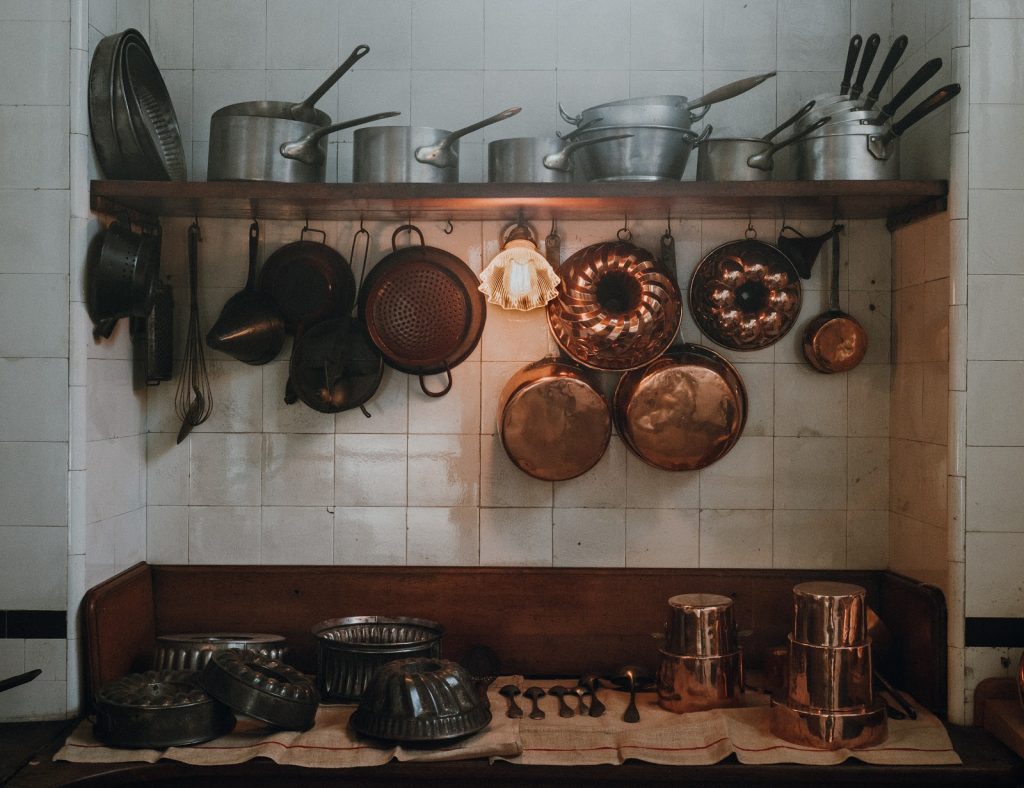As a student dietitian, I’m hoping that one day everyone’s diets will consist of sustainable foods and that eco-conscious cooking will be second nature to us all. I love cooking and I believe that if we all make small changes, it will have a massive positive impact on our planet! It’s common to think that food waste is only a minor issue – however it wastes the resources that went into producing it and as it decomposes, produces methane.
As stewards of our planet we can collectively help tackle climate change by reducing our waste and emissions. Let’s end food poverty injustices caused by changing weather patterns and waste – starting in our own kitchens!
Here are my 11 top tips for reducing waste, fuel consumption and packaging when cooking!

1. Plan your meals
This way you’ll always have a dinner ready, preventing trips to the local shop for convenience foods which are usually highly packaged. Planning out your meals means that you only buy what you need, saving both money and potential food waste.
2. Cook in bulk
You will save time later on in the week and also use less fuel by batch cooking. Food will only need to be defrosted and reheated! Remember if you plan on eating frozen food – take it out early to defrost and save the length of time it takes to reheat in the microwave or on the stove)
3. Reuse
Reuse tubs, bottles, and containers, such as yoghurt pots, takeaway containers, jars, Tupperware and reusable freezer bags. That way you have plenty of storage options for when you cook in bulk!
4. Support local
Don’t forget to make the most of your local food shops and zero waste refilleries. Filling and reusing your own containers will save huge amounts of plastic! Plus, using locally sourced ingredients also helps reduce transport emission from imported foods that travel thousands of miles to reach our plates.
5. Eat seasonally
There are so many online resources out there to help you learn (or you can find out from keen-bean gardeners). Seasonal produce is usually cheaper too! This BBC Good Food guide should give you a rough idea on how to get started.
6. Eat together
Friends, family, flatmates – if only one meal is being prepared, then it saves so much cooking fuel. The bonus of quality time together is always a win win too.
7. Water storage
Keep a big flask near the kettle to store extra boiled water. This will prevent boiling the kettle multiple times as another energy-saving hack.
8. Use all you can
Use all parts of the food – the stalks of mushrooms, leaves of celery, beet greens, apple peel, potato skin and broccoli stalks. As long as it’s edible there can always be a second opportunity to use it!
9. Vegan ≠ environmentally friendly
Be aware that choosing vegan packaged foods isn’t always the most environmentally friendly option. For example, falafel and salads are usually wrapped up in loads of plastic – have a go at making your own instead!
10. Avoid ‘superfood’ trends
Using excessive amounts of these ingredients, such as avocados, supports monoculture farming methods which are damaging to our land. Instead, enjoy them in responsible amounts.
11. Cut down on meat and dairy
Start by trying to eat vegetarian one night a week (hello Meat Free Monday) and include some simple swaps into your diet. Quorn is an excellent substitute and there is a growing market of veggie-friendly foods becoming available in all supermarkets.
So there you have it – 11 simple tips to get you cooking more sustainably. If you want some more tips on sustainable living, Max La Manna and Less Waste Laura are both great people to follow!